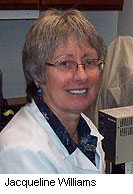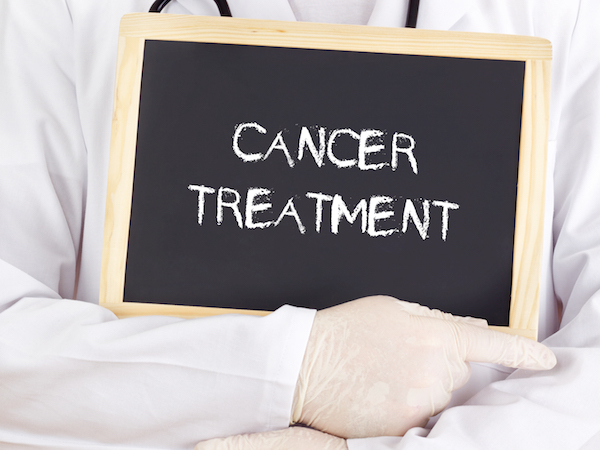
SATURDAY, March 12 (HealthDay News) — Japanese officials said Saturday that the risk of a radiation leak was declining at a nuclear power plant severely damaged by the powerful earthquake and tsunami that rocked the country Friday.
An explosion destroyed the exterior walls of the building that enveloped the reactor, but not the actual metal housing encasing the reactor, said a government spokesman, the Associated Press reported.
The nuclear plant was damaged by Friday’s devastating double blow that pounded Japan’s northeastern coast, leaving at least 686 people dead, according to an official count. But local media reports said at least 1,300 people may have been killed, the AP reported.
The government spokesman, Yukio Edano, said radiation around the Fukushima Dai-ichi plant, 170 miles northeast of Tokyo, had not risen since the blast and had actually decreased, but he did not say why. But the situation was worrisome enough that officials pumped seawater into the reactor to avoid potentially catastrophic overheating and moved 170,000 people from the area, the news service said.
Almost any increase in released radiation can raise long-term cancer rates, and authorities were planning to distribute iodine to residents in the area, according to the International Atomic Energy Agency. Iodine counteracts the effects of radiation, the AP said.
Although the government spokesman downplayed the risk of radiation leakage, a Japanese nuclear agency spokesman, Shinji Kinjo, acknowledged there were still fears of a meltdown. A “meltdown” isn’t a technical term, but instead a layman’s way of describing a serious collapse of a power plant’s systems and ability to control temperatures, the AP reported.
Yaroslov Shtrombakh, a Russian nuclear expert, said a Chernobyl-style meltdown was unlikely. “It’s not a fast reaction like at Chernobyl,” he said. “I think that everything will be contained within the grounds, and there will be no big catastrophe,” the news service reported.
Radiation expert Jacqueline Williams, a research professor in the department of radiation oncology at the University of Rochester in New York, said depending on the type of explosion, there could be a radiation risk to those at the plant.
“Anybody who is going in will be exposed to radiation — and it will be whole-body,” she said. “That’s where you can get a lot of injuries to emergency personnel and maintenance personnel, depending on the degree of protection they go in with,” she added.
High levels of radiation can be lethal because “radiation disrupts your cells and you die,” she said.
The danger to people outside the immediate area could come from inhaling radioactive particles, Williams said. The type of radiation released into the air depends on the type of fuel used at a plant, she added.
Often the big components of released radiation are radioactive iodine and radioactive cesium, Williams said.
Breathing in or eating food contaminated with radioactive iodine can cause thyroid cancer. Food can become contaminated as the radioactive dust settles on crops and even grass that cows or other animals eat, she explained.
Radioactive cesium can cause more damage long-term, including cancer, lung and other health problems, Williams said.
How far the radioactivity might spread would depend on weather conditions such as wind and rain, Williams said. These factors also need to be taken into account when deciding how far to move people from potential danger.
“The best protection from radiation is to get inside,” she said. “Get something between you and the radiation.”
In addition, all food should be washed and people should avoid any contaminated milk and meat. Radiation can also affect the water supply, Williams said.
“If it affects the water supply, then you are in more serious trouble,” she said.
In Tokyo late Saturday afternoon, word of the explosion prompted people to hoard supplies of bottled water, the Washington Post reported.
“I saw a chain letter e-mail from my friend telling about the explosion in Fukushima,” said one shopper who, as is the custom, wanted only to give his first name, Masahito. “Right now they’re saying it’s a nuclear accident. I have been trying to buy enough water for one week, just in case, but I can’t find it anywhere. I’ve already been to four places, including a supermarket.”
Williams noted that Japan relies on nuclear power for much of its energy needs, since it has no natural power resources. “But they are in an earthquake-prone area, and they have nuclear power stations where they shouldn’t be,” she said.
More information
For more on the health risks of nuclear radiation, visit the University of Pittsburgh.

